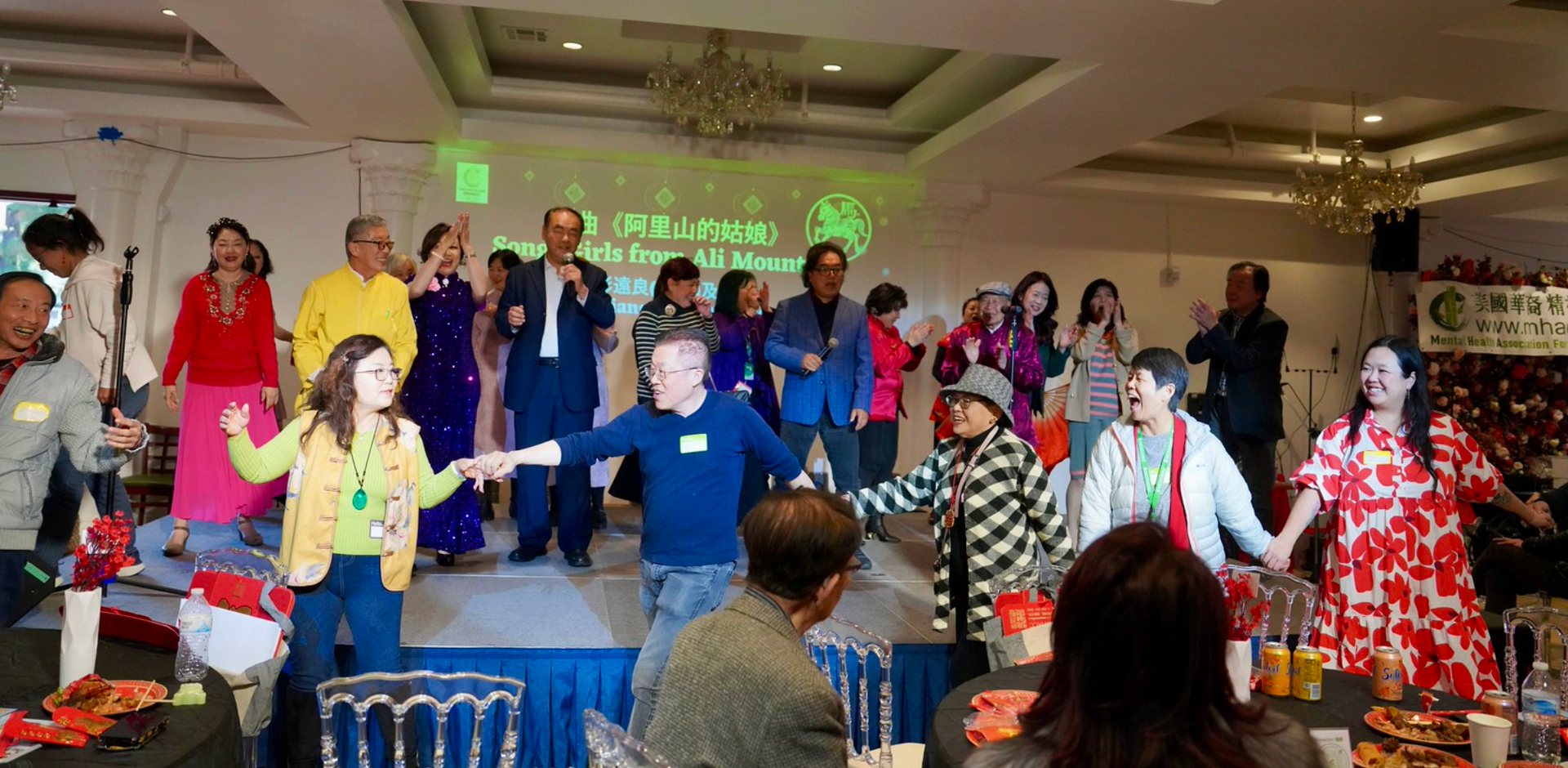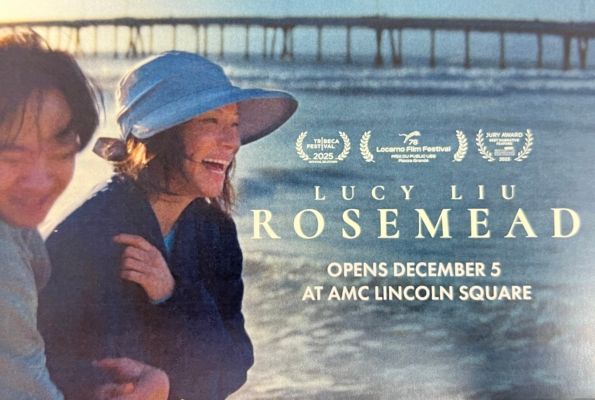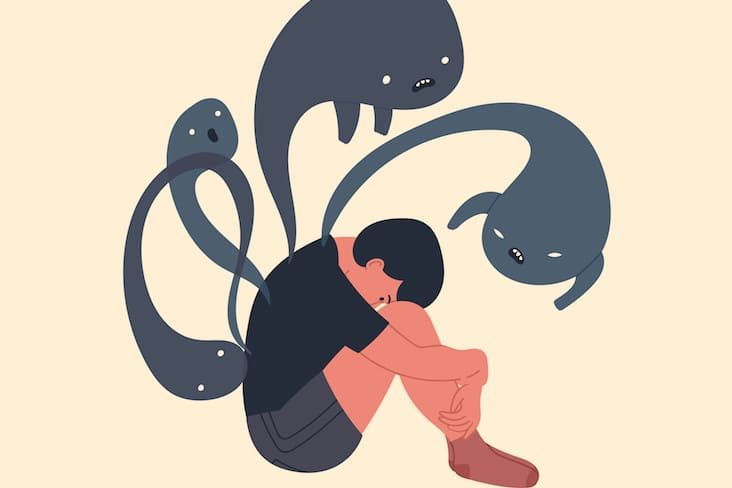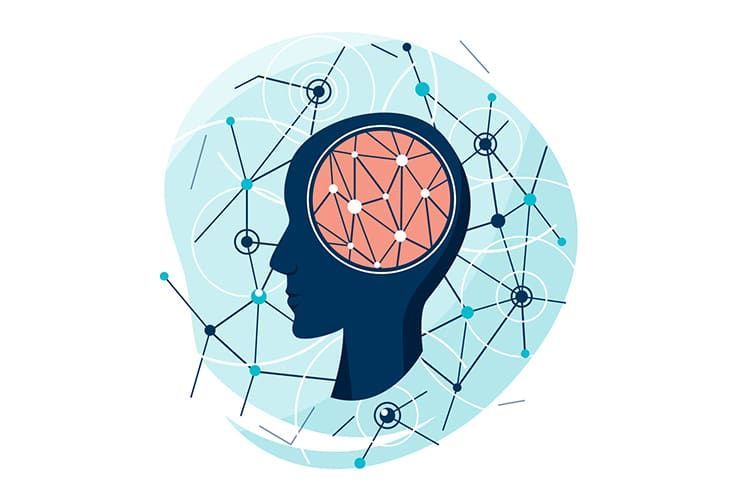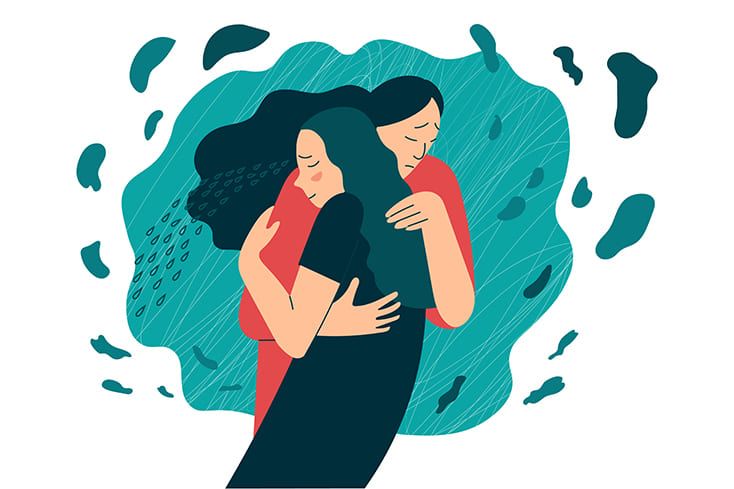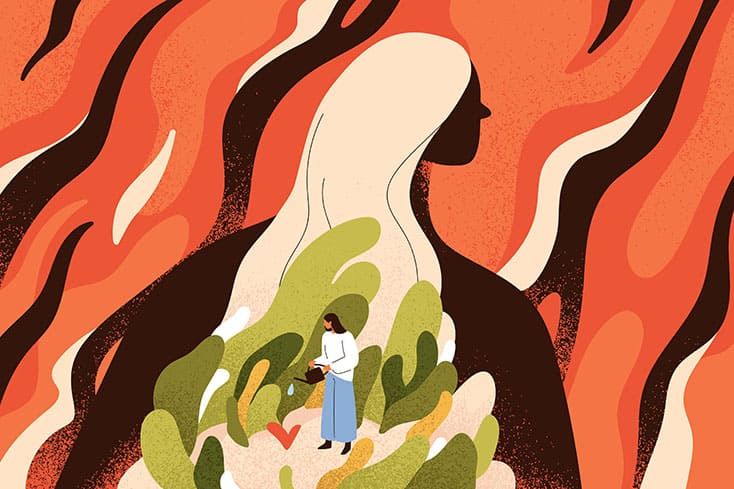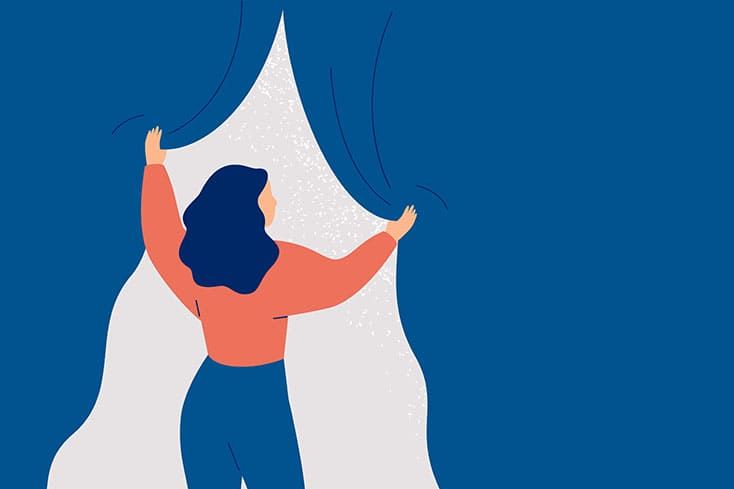強迫症不那麼光鮮亮麗的一面 | The Not So Pretty Version of Obsessive-Compulsive Disorder
MHACC 雙語部落格 Bilingual Blog
Scroll down for the English Version ⬇️
發佈日期:2021 年 6 月 21 日
作者:Megan Fisher
原文出處:https://www.nami.org/media-and-pop-culture/the-not-so-pretty-version-of-obsessive-compulsive-disorder/
「喔,相信我,我超有強迫症的!」
這句讓人尷尬的話,太多人在日常對話中都聽過。說這句話的人接著會興奮地分享他們那些「很丟臉」的習慣,比如把資料夾依顏色分類,或是無比講究廚房整潔。他們也許只是希望家裡看起來像 Pinterest 上的完美照片。
「你不會相信我昨天做了什麼,」他們會繼續說。「我把所有螢光筆按照彩虹順序排好耶!我真的控制不了自己那種強迫症的程度。」
每次聽到這些話,我都很想回答:「喔,太好了!終於遇到一個真正懂我的人!那你是怎麼處理那些想要殺掉親人、孤獨死去,或是不小心傳染致命病毒給身邊所有人的入侵性思維的?」
當然,我從沒真的這樣回過話。我只是沉默不語,在對話中努力找尋自己的定位。
這類說法,最終只會淡化強迫症所帶來的真實痛苦,讓真正生活在這種困境中的人更感孤立。試問,一個正被可怕入侵思維困擾的孩子,怎麼可能與一個單純喜歡打掃的人產生共鳴?我自己就完全無法。
需要說明的是,強迫症的經歷因人而異。對某些人的確會表現為對整潔、對稱的執著,包括極度清潔、組織或角度完美的要求。但即使是這種表現形式,也是一種痛苦的經歷,和單純「喜歡整潔」是完全不同的。
強迫症像是在接受一場永無止盡的審判
對強迫症的誤解太多,加上心理疾病幾乎沒有被公開討論,讓我很難理解自己焦慮的大腦到底發生了什麼。強迫症是一種持續存在的罪惡感,它隨時準備依附在任何一件小事上。
每天醒來,我都感到恐慌,一邊想找出罪惡感的來源,一邊又希望把它忘掉。那股驚慌會一直跟著我,直到我想起:「對了!就是那件事!」也許是三年前闖過的一個紅燈,也許是我想像中那場可能會撞死小孩的車禍。
強迫症會讓我記起2018年11月28日,我對妹妹說的某句傷人話,並不斷重播她臉上難過的表情,那至今仍讓我喉嚨哽住。它讓我反覆想起八歲時嘲笑過的男孩,第一次戀愛中感受到的羞恥嫉妒……這份清單永遠寫不完。
這個疾病每天都像在法庭上審判我,為我一生的「罪行」定罪。每次我都認罪,因為我的強迫症總是讓我相信:這一切都是我的錯。
強迫症讓我背負全世界的重量
對我來說,強迫症意味著每天都得面對一份巨大的待辦清單——而這份清單不是具體的事情,而是一連串對蝴蝶效應的焦慮。
所謂蝴蝶效應,源自混沌理論的一句話:「一隻蝴蝶在巴西扇動翅膀,可能在德州引起一場龍捲風。」
我的強迫症讓我相信,我所做的每一件小事都是蝴蝶扇動翅膀,而世界另一端的每場災難,都是我造成的。比如說,那個我沒有回收的花生醬罐導致了氣候變遷;或是我二月發燒,結果導致 COVID-19 傳到美國。有時,我甚至覺得我每個決定都可能拯救或毀滅這個世界。
強迫症有時就像一部恐怖片,而且沒有暫停鍵。那是一幕幕令人不安的畫面,彷彿出自《沉默的羔羊》、《鬼哭神號》或《德州電鋸殺人狂》。而我就是裡頭的食人魔、綁架犯或殺人兇手。
我努力想著「快樂的畫面」,來消除腦中的可怕想法;我為那些無法控制的思緒感到羞愧。我的腦海裡像是一段段剪輯畫面,有癌症、有車禍、有自殺與謀殺。強迫症是為了「拯救媽媽」而不斷敲木頭,敲到指關節流血——四次、十二次、十七次——總之要敲到「剛剛好」。
強迫症也讓我更有同理心、更堅韌
儘管帶來許多痛苦,強迫症也成就了我某些優點。它讓我對身邊的人充滿同理心,建立起一生的關係;讓我記得朋友的每個小細節;讓我在克服恐懼後感受到難以言喻的喜悅;讓我擁有一點點強迫傾向的工作習慣,使我能設定目標並努力完成。
強迫症教我用不帶批判的眼光看待他人。它讓我從不忘記說「我愛你」、「你路上小心」。它讓我更深刻地理解,人生是珍貴、短暫的,是值得守護的。
沒有人「就是」強迫症;而是有些人「患有」強迫症。改變大眾對心理健康的觀念,第一步就是誠實看待強迫症的本質——它是一種心理健康狀況,不一定整齊、不一定美觀,也絕對不是依顏色排好筆記本的趣味。
作者簡介
Megan Fisher 現居西雅圖,熱愛攀岩、健行與寫作。她即將在華盛頓大學攻讀公共衛生碩士(主修營養學),並希望未來能在非營利診所擔任兒科營養師,服務社區。
June 21, 2021
By Megan Fisher
Original Source:
https://www.nami.org/media-and-pop-culture/the-not-so-pretty-version-of-obsessive-compulsive-disorder/
“Oh, trust me, I get it. I am so OCD, too!”
This cringeworthy statement, which far too many of us have heard in casual conversation, is generally followed by the speaker enthusiastically disclosing their “embarrassing” quirks, centered around color coding file folders or preferring an exceptionally clean kitchen. Perhaps they wanted their home to match the picture-perfect scene they found on Pinterest.
“You wouldn’t believe what I did yesterday,” they continue. “I organized all of my highlighters in the order of the rainbow! I can’t help just how OCD I can be sometimes.”
I am always tempted to reply with, “Oh, it’s so nice to meet someone who finally gets it! So how do you cope with the intrusive thoughts of killing your loved ones or dying alone or infecting everyone around you with a deadly virus?”
I never actually respond this way; instead, I keep quiet, struggling to find my place in the conversation.
Ultimately, these comments undermine the true suffering that OCD can cause, and they alienate people who actually live with OCD. Could a child with intrusive, terrifying thoughts identify with someone who simply enjoys cleaning? I certainly could not.
It’s worth noting that no two experiences with OCD are identical — and, for people whose OCD focuses on order and symmetry, the condition can certainly manifest as an obsession with cleanliness, organization or perfect angles. However, that presentation of the condition is also a painful experience and notably different from enjoying organization and aesthetics.
OCD Puts Me on Trial
The common misrepresentation of OCD — and the complete lack of conversation surrounding mental illness — contributes to my struggle to understand what is happening in my anxious brain. OCD is a constant underlying feeling of guilt, eagerly waiting to attach itself to something.
It is waking up and feeling panicked, attempting to both discover and forget the source of my guilt. The sense of panic lingers until I remember, “That’s what it is!” A red light I ran three years ago and the imaginary faces of the children I could have killed in the car crash. OCD is remembering a hurtful comment I made to my sister on Nov. 28, 2018, replaying the hurt look on her face and still feeling the lump in my throat. It is constantly thinking of the boy I made fun of when I was eight years old, the shameful jealousy I felt in my first relationship…The list goes on.
The disorder puts me on trial daily, convicting me of a lifetime of “crimes.” I plead guilty every time because my OCD always convinces me that it’s my fault.
OCD Burdens Me with the Weight of the World
For me, OCD means facing every day with a daunting agenda. More specifically, it means worrying that every choice I make has a butterfly effect.
For those unfamiliar with the idea, according to the Chaos Theory, “It has been said that something as small as the flutter of a butterfly’s wing can ultimately cause a typhoon halfway around the world.”
OCD is believing that every action I take is the flutter of a butterfly’s wing, and every typhoon halfway around the world is somehow my fault. It’s the jar of peanut butter that I didn’t recycle, which led to climate change. It’s the fever I had in February that must have brought COVID-19 to the U.S. Sometimes, OCD is the notion that every decision I make might save or destroy our world.
OCD can feel like a horror movie with no pause button. It’s a disturbing scene from “Silence of the Lambs,” “The Changeling” or “Texas Chainsaw Massacre,” except I am starring as the cannibal, the kidnapper or the murderer.
It’s trying to think “happy thoughts” to desperately undo the evil ones, and intense shame for the thoughts I can’t control. It’s a montage of cancer, car crashes, suicide and homicide. OCD is bloody knuckles from knocking on wood to try to save my mom’s life. Four times. Twelve times. Seventeen ought to do the trick.
OCD Also Makes Me Compassionate and Resilient
Despite its challenges, OCD is responsible for some of my strengths. It is feeling intense empathy for the people I meet, leading me to lifelong relationships. It’s remembering every detail of a friend’s history. It’s the inexplicable joy felt after overcoming a fear. It’s a slightly obsessive work ethic that allows me to set goals and achieve them.
OCD teaches me to approach others free of judgement. It means never forgetting to say, “I love you” or “be safe out there.” OCD gives me the opportunity to live life with the knowledge that it’s precious and brief and something to protect.
No person is OCD; some people have OCD. An important step in changing the conversation surrounding mental health is acknowledging OCD for what it is — a mental health condition — which may or may not present as neat, tidy or color coded.
Megan Fisher lives in Seattle and she loves climbing, hiking and writing. She is eager to begin a graduate program at the University of Washington, where she will pursue a Master of Public Health in Nutrition. Megan cannot wait to serve the community as a pediatric dietitian at a non-profit clinic.
Sign up for our Newsletter
訂閱每月簡訊獲得最新資訊
Contact Us
